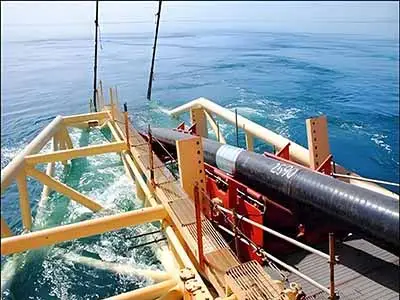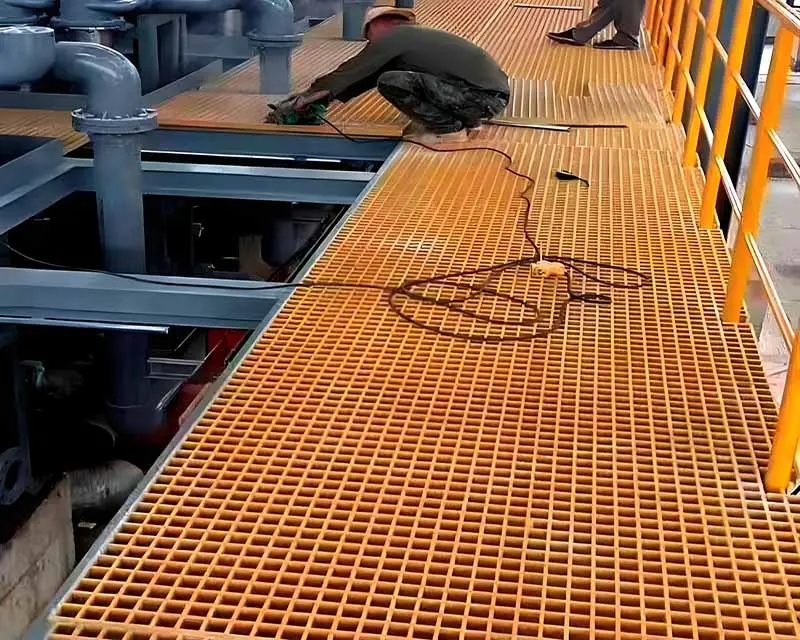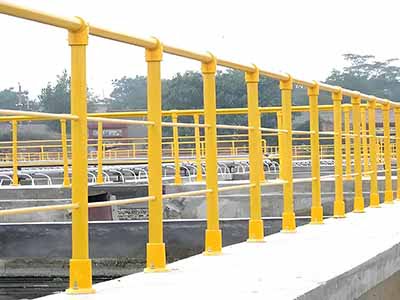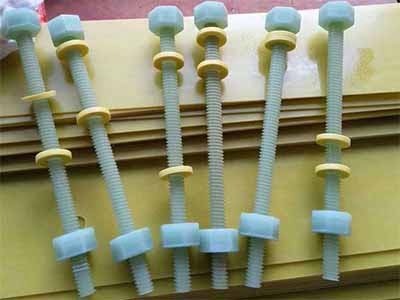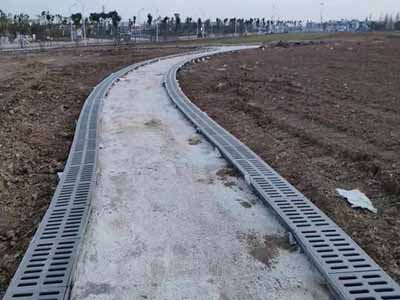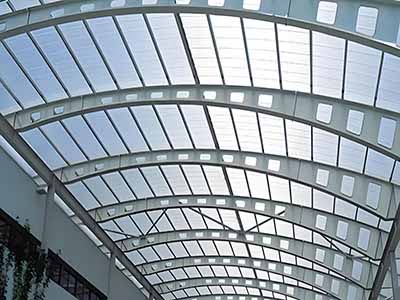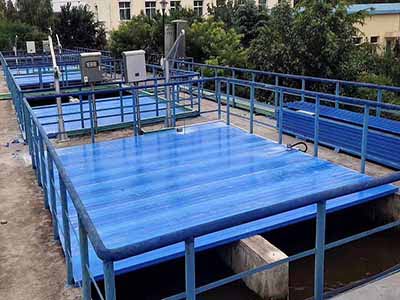Fiberglass Reinforced Plastic (FRP), often called fiberglass, is essential in marine environments due to its corrosion resistance, strength, and lightweight properties. Traditional metals used in these settings often corrode, leading to equipment damage and higher maintenance costs. As ocean development expands, fiberglass products have gained prominence in ocean engineering, ensuring safe and efficient marine operations.
Addressing Marine Challenges
Fiberglass effectively tackles the harsh conditions of marine environments. In offshore platform construction, fiberglass components such as railings, handrails, and walkway boards provide reliable safety. They also reduce the platform’s overall weight and lower construction costs. The material’s excellent resistance to seawater corrosion ensures these components perform optimally, even after extended ocean exposure.
Benefits to the Maritime Industry
The maritime industry has seen significant benefits from fiberglass use. Fiberglass hulls offer a streamlined design that reduces navigation resistance and improves fuel efficiency. These hulls are also known for their impact resistance and durability. Inside ships, fiberglass is used for cabin partitions, pipelines, and various facilities, creating a safer and more comfortable environment for the crew.
Advantages in the Fishing Industry
In marine fishing, fiberglass boats are increasingly popular among fishermen. These boats are lighter, more durable, and more resistant to corrosion than traditional wooden boats. They offer a longer service life, require less maintenance, and handle the demanding conditions of marine operations better. Additionally, fiberglass plays a crucial role in producing ocean observation equipment and energy generation tools. Sensor housings for ocean monitoring and protective covers for energy equipment rely on fiberglass’s durability and reliability.
Future Prospects
Experts predict that as technology advances and costs decrease, fiberglass applications in marine engineering will continue to grow. The future promises innovative fiberglass solutions that will further enhance the marine industry’s development.
Conclusion
The progress of ocean engineering relies heavily on advanced materials, with fiberglass emerging as a leading choice. It is expected that fiberglass will continue to support and advance human exploration and utilization of marine resources, shaping the future of ocean engineering.

